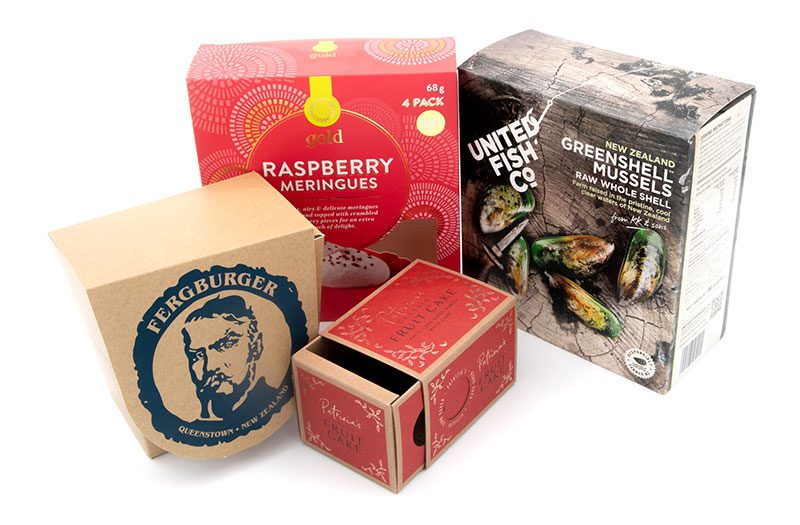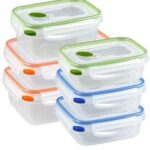“Food cupboard” typically refers to a designated storage space, often found in kitchens or pantries, where non-perishable food items are kept. These items are typically shelf-stable and can be stored for an extended period without refrigeration. The food cupboard serves as a convenient and organized area to store ingredients, snacks, canned goods, and other pantry staples. Here are some common types of food items you might find in a food cupboard:
Canned Goods: This includes items like canned vegetables, fruits, soups, beans, and meats such as tuna or chicken.
Dry Goods: Dry goods encompass a wide range of items such as rice, pasta, flour, sugar, cereal, oats, quinoa, lentils, and other grains and legumes.
Baking Ingredients: Ingredients commonly used for baking, such as baking powder, baking soda, yeast, cocoa powder, chocolate chips, vanilla extract, and various types of sugars and sweeteners.
Condiments and Sauces: Items like ketchup, mustard, mayonnaise, soy sauce, vinegar, salad dressings, salsa, pasta sauce, and various spices and herbs.
Snacks: Snack items like crackers, cookies, chips, popcorn, nuts, dried fruits, granola bars, and trail mix are often kept in the food cupboard for easy access.
Beverages: Non-perishable beverages such as tea, coffee, hot chocolate mix, canned or bottled juices, and powdered drink mixes may also be stored in the food cupboard.
Cereals and Breakfast Foods: Breakfast cereals, oatmeal, pancake mix, syrup, and other breakfast items are commonly found in food cupboards.
Preserves and Spreads: Jams, jellies, peanut butter, honey, Nutella, and other spreads and preserves are often stored in the cupboard.
Cooking Oils and Vinegars: Olive oil, vegetable oil, coconut oil, and various types of vinegar are staples for cooking and are typically stored in the food cupboard.
Specialty Items: Depending on dietary preferences and cultural backgrounds, food cupboards may also contain specialty items such as ethnic spices, sauces, or ingredients for specific recipes.
Organizing and maintaining a well-stocked food cupboard can help ensure that you have essential ingredients on hand for cooking meals and snacks, even when fresh groceries may not be readily available. It also facilitates meal planning and reduces the need for frequent trips to the grocery store.






